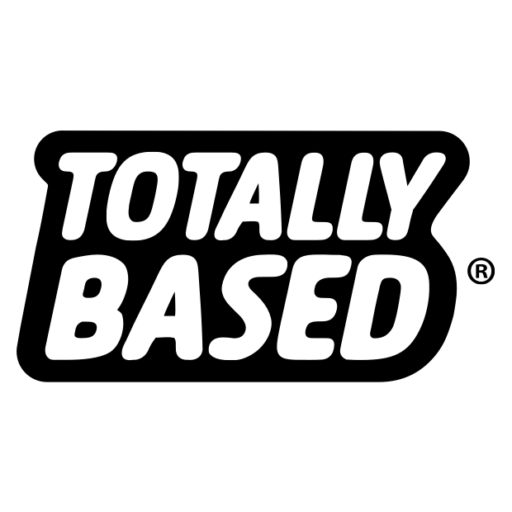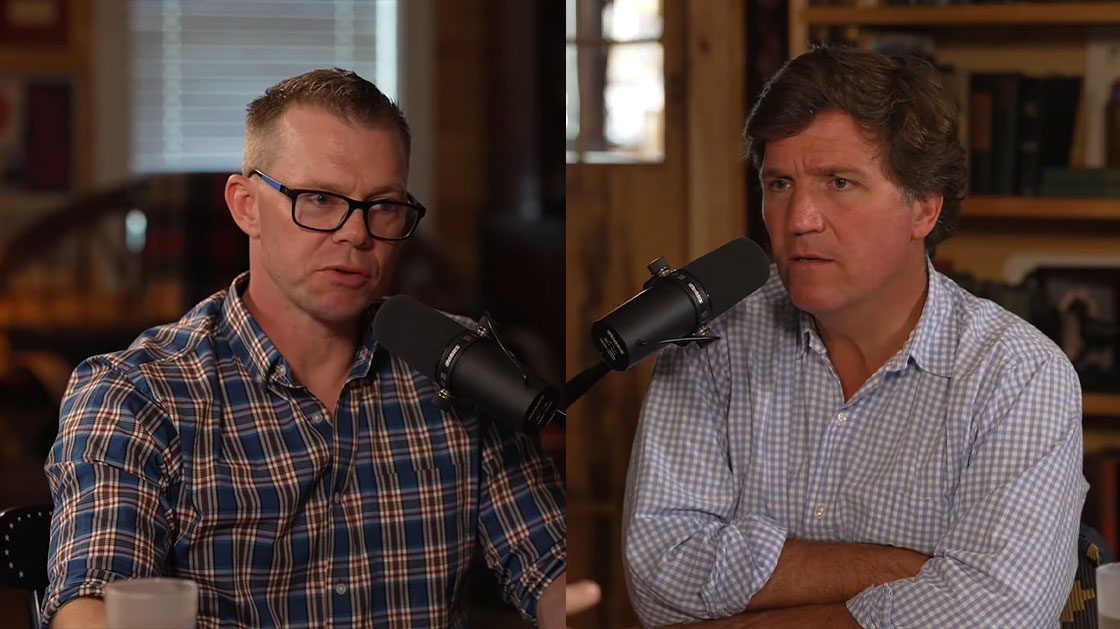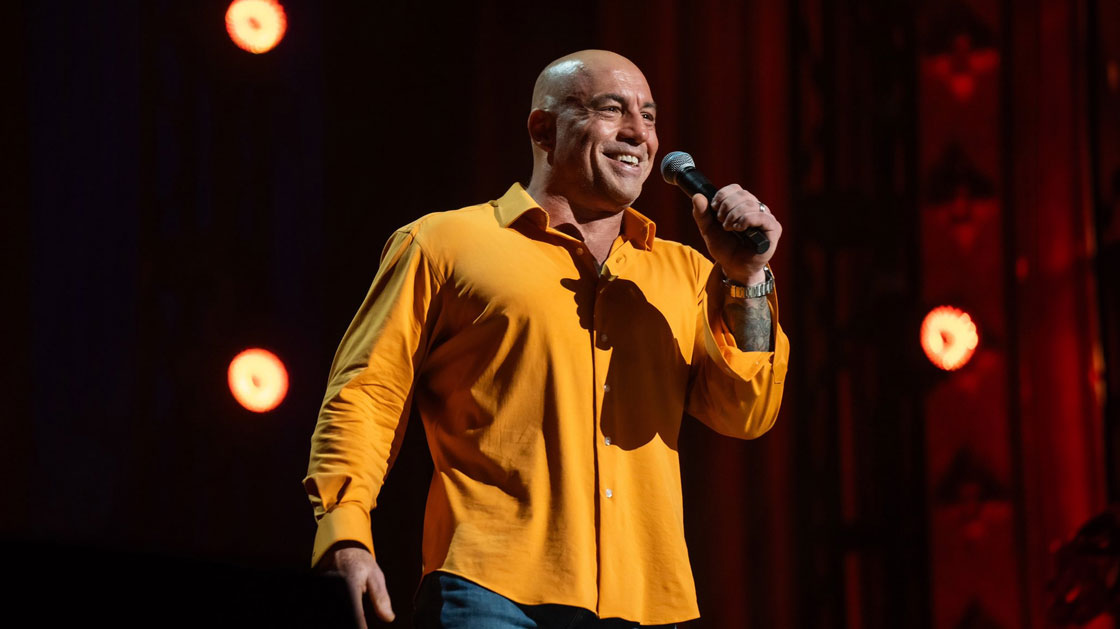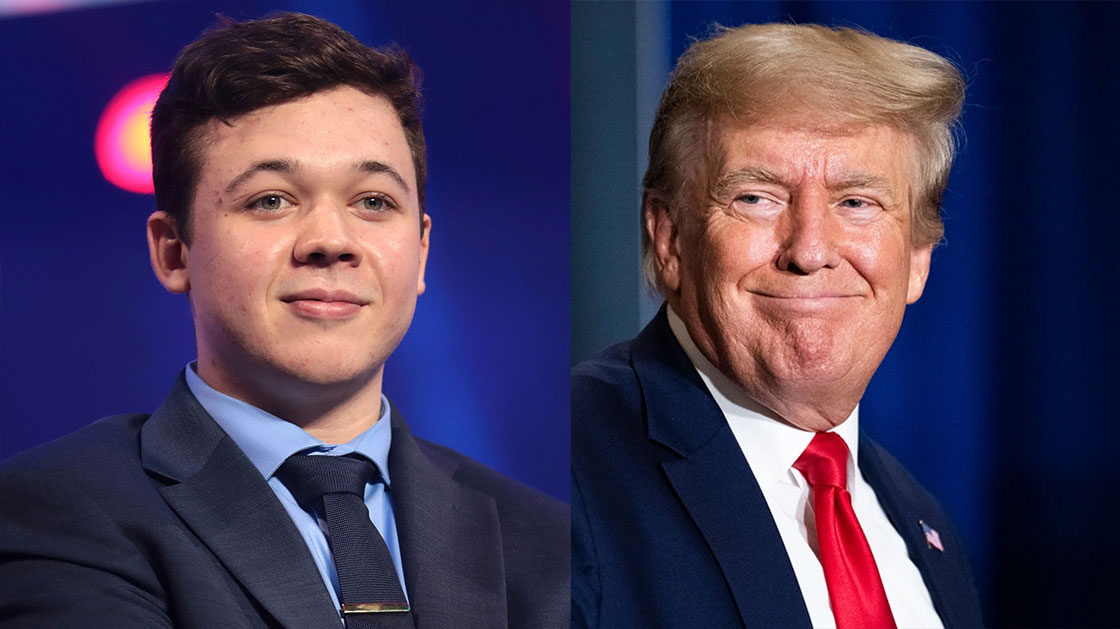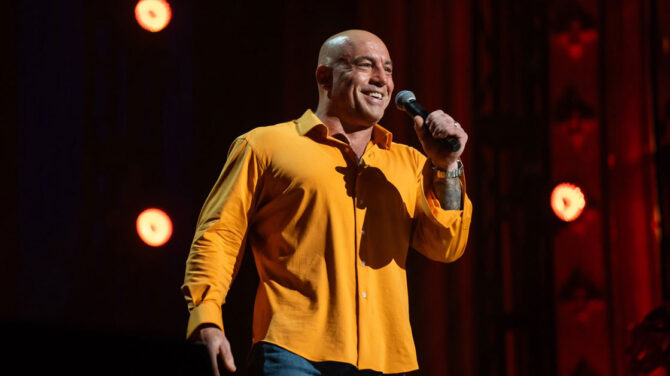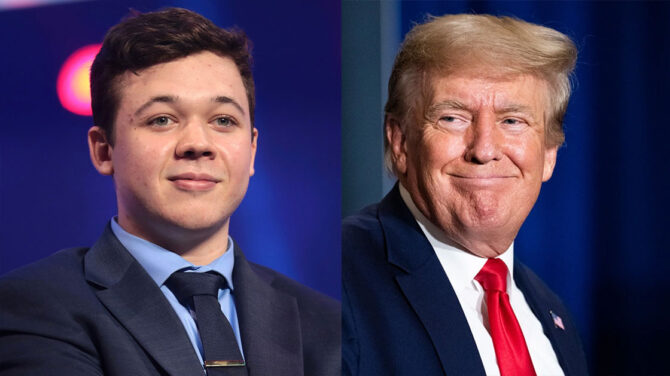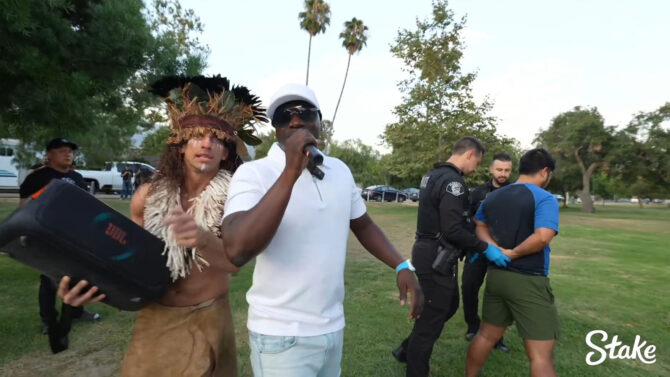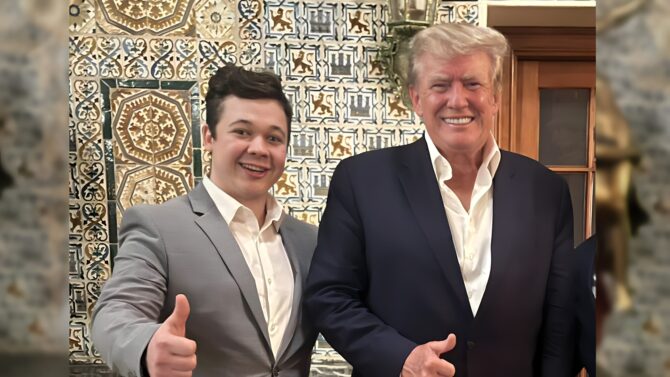
Savanah Hernandez Uncovers Denver and Aurora’s Funding as Venezuelan Gang Seizes Apartments
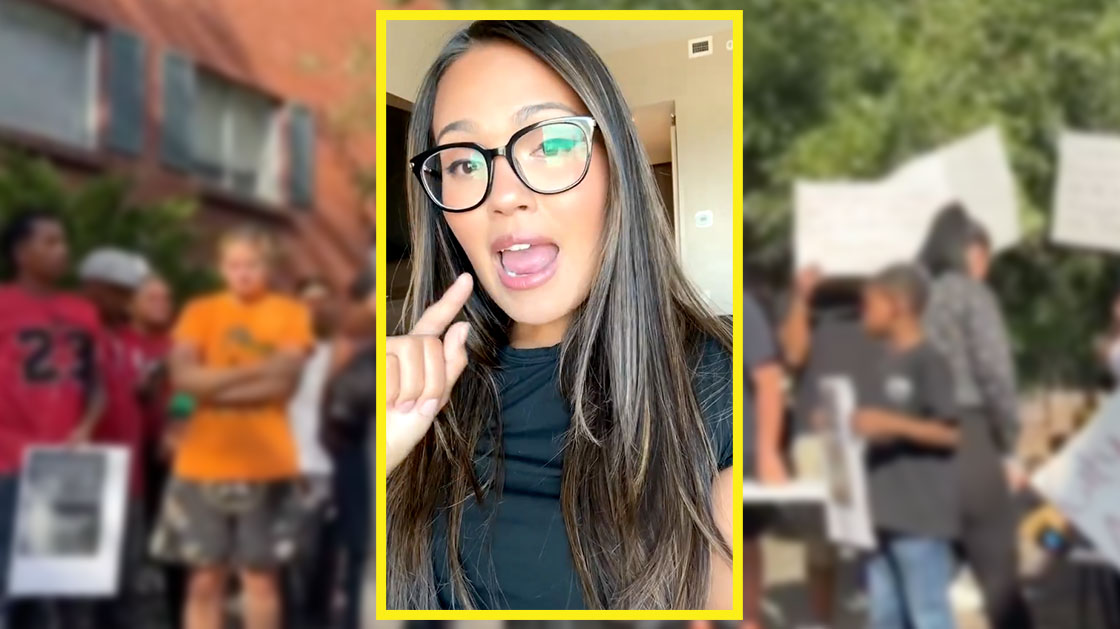
In a startling revelation, investigative journalist Savanah Hernandez has exposed that the East Colfax Community Collective (EC3), the organization behind a recent protest in Aurora, Colorado, aimed at downplaying the presence of the Venezuelan gang Tren de Aragua (TdA), is significantly funded by the cities of Denver and Aurora. This disclosure has sparked a debate over the transparency and motives behind local government funding for community groups, especially in the context of public safety and migrant integration.
The Funding Connection
Hernandez’s reporting came to light after EC3 organized a protest where migrants and supporters rallied to refute claims of TdA’s control over local apartment complexes. The protest was seen by many as an attempt to shift the narrative from gang-related activities to housing conditions and alleged exploitation by landlords. However, Hernandez’s investigation revealed that EC3, while presenting itself as an independent voice for the community, receives a substantial portion of its funding directly from municipal budgets.
EXPOSED: I found out that the org who put on yesterday’s migrant protest, downplaying the presence of Tren de Aragua in the area, is actually funded by the city of Denver and Aurora
Yes, the same cities trying to cover up TdA’s presence in their cities. pic.twitter.com/lxt20RN63w
— Savanah Hernandez (@sav_says_) September 4, 2024
Public Reaction and Implications
According to posts on X (formerly Twitter) and other sources, EC3’s financial backing from Denver and Aurora has raised eyebrows. Critics argue that this funding could imply a conflict of interest, suggesting that the cities might be using EC3 to manage public perception and downplay the severity of gang activities linked to recent migrant influxes.
City Officials’ Response
The revelation has led to a mix of reactions on social media and local forums. Some residents express frustration over what they perceive as a cover-up, questioning why city funds would support an organization that might be misleading the public about serious criminal activities. Others argue that EC3’s efforts are aimed at protecting vulnerable populations from being stigmatized or unfairly targeted due to the actions of a few.
The Broader Context
City officials from both Denver and Aurora have yet to provide a detailed response to these allegations. However, preliminary statements suggest they support community organizations like EC3 to foster integration and support for new residents, regardless of their legal status or the broader implications of gang presence.
Conclusion
This situation underscores the complex interplay between local governance, community activism, and public safety. The presence of TdA, a gang known for its transnational criminal activities, has been a point of contention, with law enforcement and community leaders at odds over the extent of its influence in Denver’s metro area. Hernandez’s reporting adds a layer of scrutiny over how local governments manage information and support community initiatives, especially when these initiatives might be perceived as downplaying significant security concerns.
Savanah Hernandez’s exposé not only brings to light the funding connections of EC3 but also raises critical questions about transparency, the role of community organizations in local politics, and how cities address the challenges posed by migrant communities and associated criminal elements. As the story develops, it remains to be seen how this revelation will impact public trust in local governance and the ongoing efforts to address gang-related activities in Denver and Aurora.
